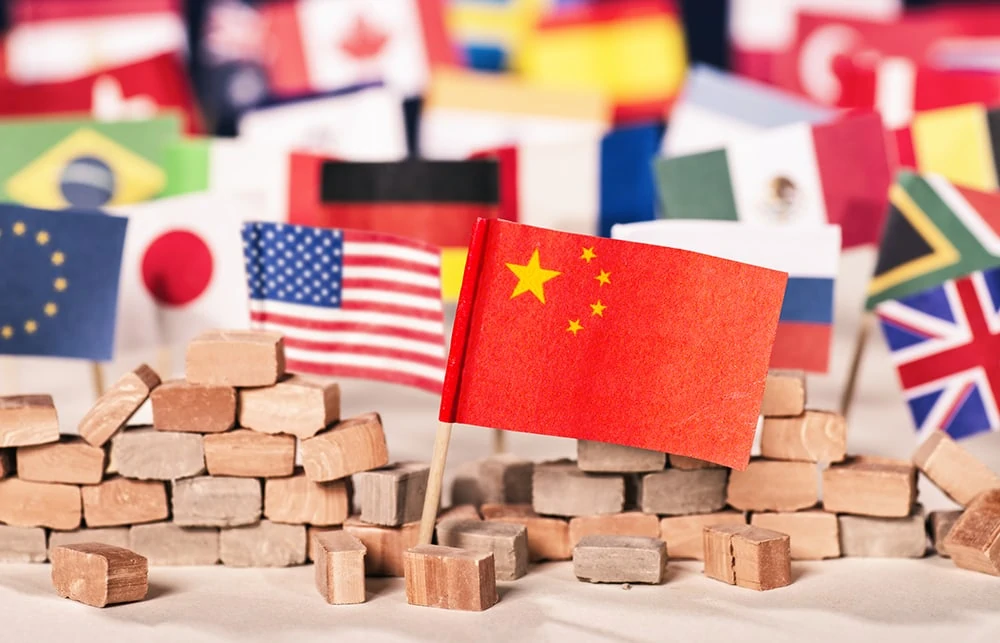First it was push, then it was pull, now it is prod. Is China using ‘sharp power’ to build their global reputation, asks Tom Pattinson
“It is not the first time that people have tried to smear China, and it will not be the last time,” said Wang Guoqing, spokesman of the Chinese People’s Political Consultative Conference (CPPCC) at a briefing in Beijing ahead of the opening of its annual session last month.
Wang was angry at accusations that China has been using sharp power tactics. “When other countries engage in cultural exchanges, they are showing soft or smart power, but when it comes to China, it’s sharp power with motives,” he said.
Sharp power was a phrase only coined in December last year in a report paper produced by the think tank the National Endowment for Democracy. It comes in contrast to hard power (a financial or military push) and soft power (a cultural or values-based pull).
Most countries use a combination of hard and soft power to position themselves on the global playing field and to create a particular impression on both their domestic populations and international audiences. A tactic of both carrot and stick if you like.
Soft power is about winning hearts and minds, and attracting others voluntarily towards a specific goal by persuasion. Hard power relies on financial payments or coercion, and threats or actual acts of violence.
Sharp power comes about when soft power is manipulated by deliberate acts of deception. And China, it is claimed, is using sharp power to shape discussions everywhere, from classrooms to movie theatres and in publications around the world.
“The use of sharp power damages all the good work that soft power achieves”
Wang says that this is just the normal use of soft power that other nation states so commonly use “It is natural that we want to showcase our own image,” Wang said. But according to Anne-Marie Brady of the University of Canterbury in New Zealand, China’s use of sharp power is “to guide, buy or coerce political influence.” And that’s what makes the difference.
The Economist writes that “sharp power seeks to penetrate and subvert politics, media and academia, surreptitiously promoting a positive image of the country, and misrepresenting and distorting information to suppress dissent and debate.”
It argued that sharp power is pervasive; it breeds self-censorship and is hard to prove that it is the work of a state.
In recent months China has been accused by Australia of meddling in politics and universities on “an unprecedented scale”, according to one Australian spy chief. MPs in both Australia and New Zealand have resigned after links to China’s state apparatus were revealed, and Germany has claimed that China has been using social media platforms to approach German lawmakers and civil servants in a hope to recruit sources. Universities, movie studios and publishing houses have been accused of self-censorship or acting under pressure from China.
Sharp power, argues Joseph S. Nye Jr (the man who first coined the phrase soft power in his 1990 book), is a form of information warfare. Xinhua, when broadcasting openly in other countries, is defined as soft power he writes in Foreign Affairs magazine. However, when China Radio International “covertly backs radio stations in other countries, that crosses the line into sharp power.”
China’s use of sharp power might be more about keeping tabs on the overseas Chinese population than trying to alter China’s global image to the rest of the world but the use of sharp power damages all the good work that soft power achieves.
The distinction between genuine soft power methods is sadly tarnished by the deception that is caused by the use of sharp power. This creates a lack of trust and undervalues any soft power wins.
Whilst some might respond positively to some gentle persuasion pulling, ultimately no one likes being prodded.


